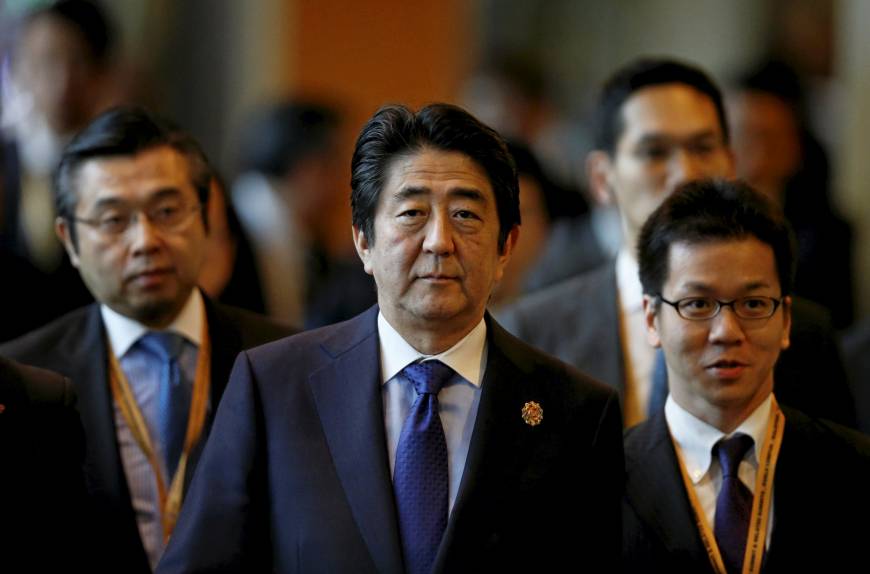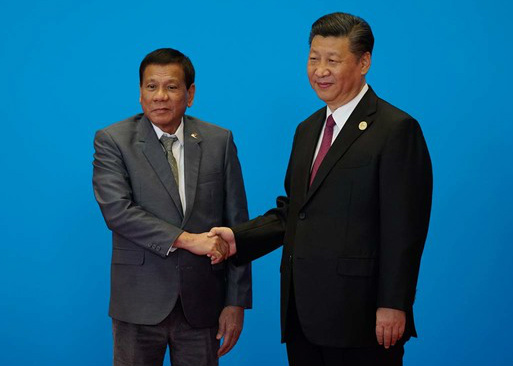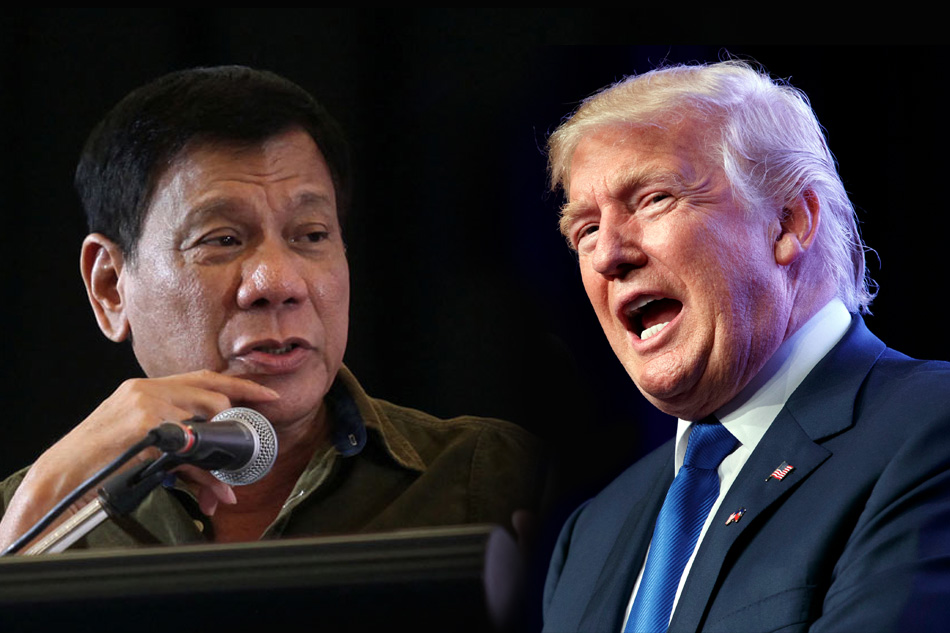Publications
Japan’s regional initiatives: delaying the inevitable?
- Details
- Written by: Philip Vincent Alegre

Photo from: Japan Times
Since Donald Trump took office as the new president of the United States, he has been giving confusing signals to the international community and allies as to how the US will pursue its longstanding role as champion of the liberal democratic order and number one security provider all over the world.
As promised during the presidential campaign, Trump withdrew the US from the Trans Pacific Partnership (TPP) trade deal in January, and in June withdrew from the Paris Climate Agreement. During the presidential campaign, he criticized China for being a “currency manipulator” and angered Beijing in his telephone call to Taiwan President Tsai Ing-wen. Eventually, he reversed his stand and told Chinese President Xi Jinping that he would honor the “One China” policy, at the request of the latter.
Many questions are being asked about how evolving big power dynamics should be managed and how to properly adapt to the new circumstances.
Deconstructing Duterte's West Philippine Sea policy
- Details
- Written by: Lucio Blanco Pitlo III
President Duterte had been criticized for appearing soft in defending Philippine national interests in the West Philippine Sea (WPS), especially in the face of his decision to expand cooperation with a fellow disputant and potential external security threat. Such criticism largely rests on two key assumptions: 1) that asserting the country’s landmark victory in the 2016 arbitration decision is the best way to defend the country’s WPS interests and canvassing regional and international support is the best way to pressure China into compliance and; 2) maintaining robust or even deepening security relations with the US is the best deterrence against Chinese expansionism in the tightly contested strategic and resource-rich sea..
Duterte’s misgivings about the two aforementioned assumptions can be attributed to the following observations: 1) that other claimant states, notably Malaysia, and even Vietnam and Indonesia (China’s excessive nine dash line claim overlaps with Indonesia’s Natuna Islands’ exclusive economic zone) were able to manage their disputes with China through diplomacy without resorting to arbitration or other third party legal approaches; 2) China’s rise as a regional and global development partner and provider of economic goods will make such international pressure to compel China to submit unlikely to prosper and 3) that South China Sea (SCS) does not appear high in US foreign policy and that US security commitment to regional allies may waver or become unreliable under the Trump Administration.
Duterte’s China policy shift: Strategy or Serendipity?
- Details
Close to marking its first year in office, the Duterte administration has turned around the country’s relations with China in a number of ways. Departing from the previous government’s strong opposition to China’s expansive claims and assertive actions in the South China Sea, Duterte has downplayed the territorial and maritime disputes in favor of pursuing close economic and political ties with China.

Philippine President Rodrigo Duterte welcomed by Chinese President Xi Jinping during Leader's Roundtable Summit of the Belt and Road Forum on International Cooperation. Source: Rappler
US foreign policy in the Asia Pacific under Trump: Implications for the Philippines
- Details
- Written by: Philip Vincent Alegre

Image taken from The Philippine Star
In November last year, Donald Trump won the United States’ Presidential elections, consequently kickstarting a new US foreign policy. During his campaign, Trump advocated a domestic-focused America and a reduced global role - threatening to move away from traditional allies, pull away from defense treaties, and withdraw from trade negotiations and partnerships.
